Optimal Timing for Heated Driveway Installation
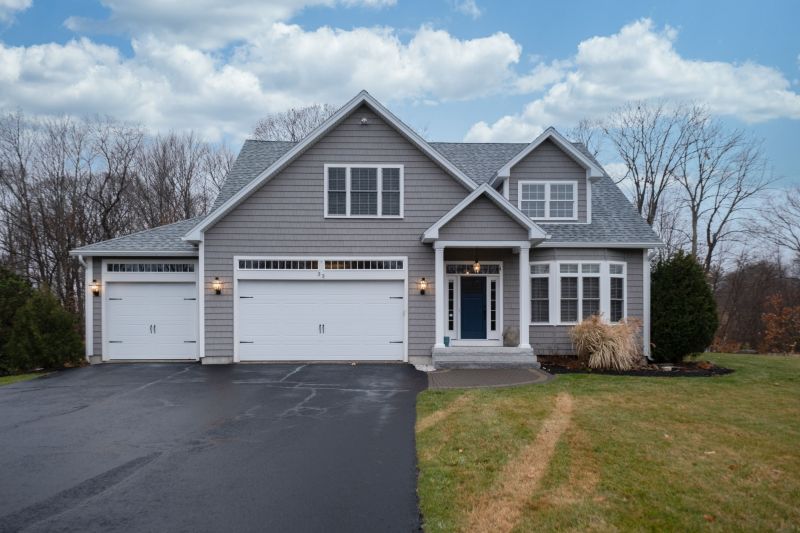
Installing heated driveways during winter ensures optimal performance during cold months when snow and ice are prevalent.
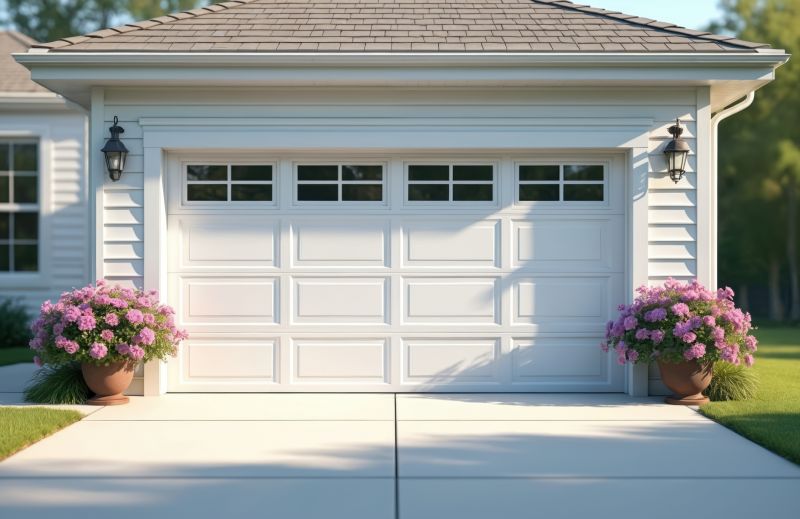
Spring offers moderate weather conditions, allowing for efficient installation before the heating season begins.
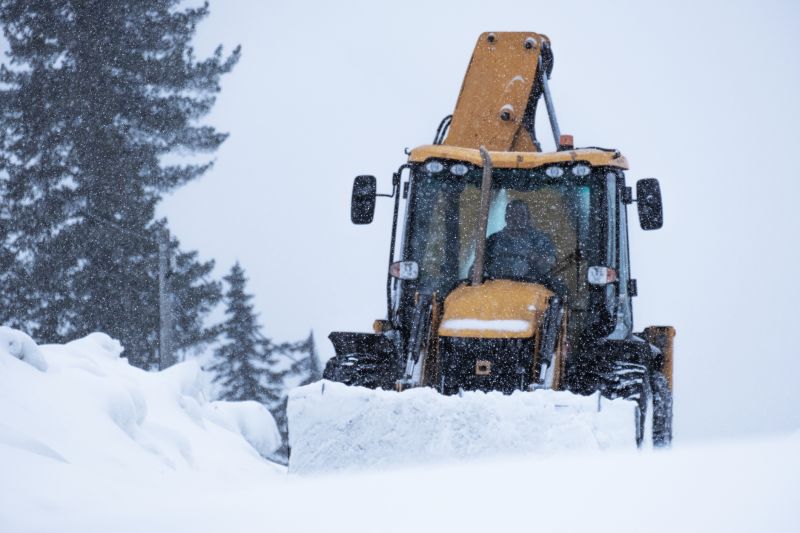
Fall is ideal for preparing driveways ahead of winter, providing ample time for setup before snow accumulation.
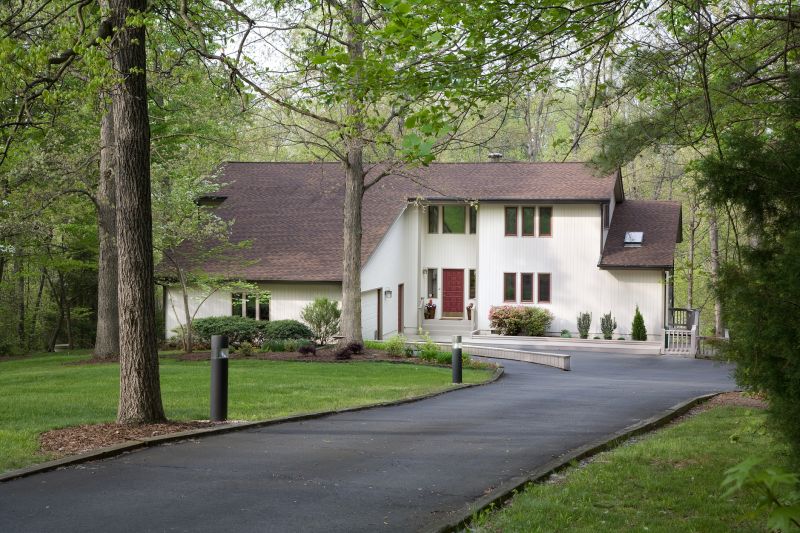
Ways to make Heated Driveway Installations work in tight or awkward layouts.
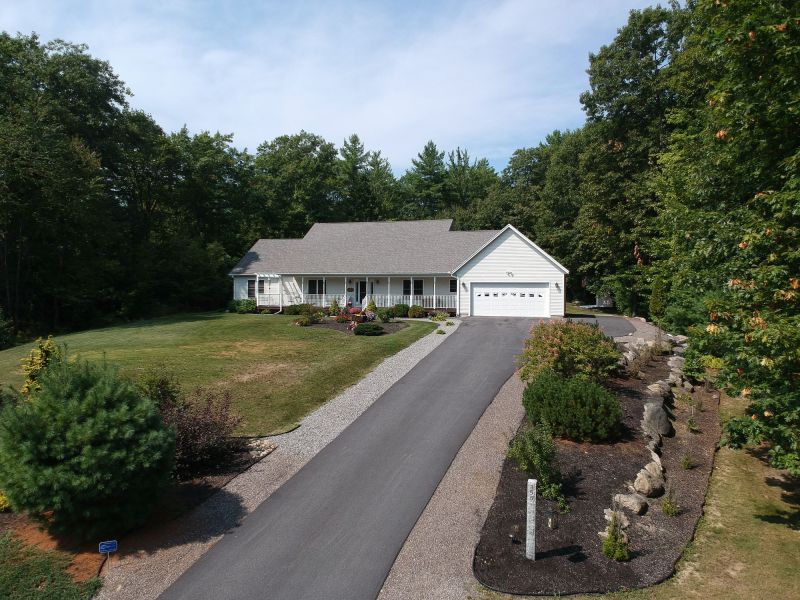
Popular materials for Heated Driveway Installations and why they hold up over time.
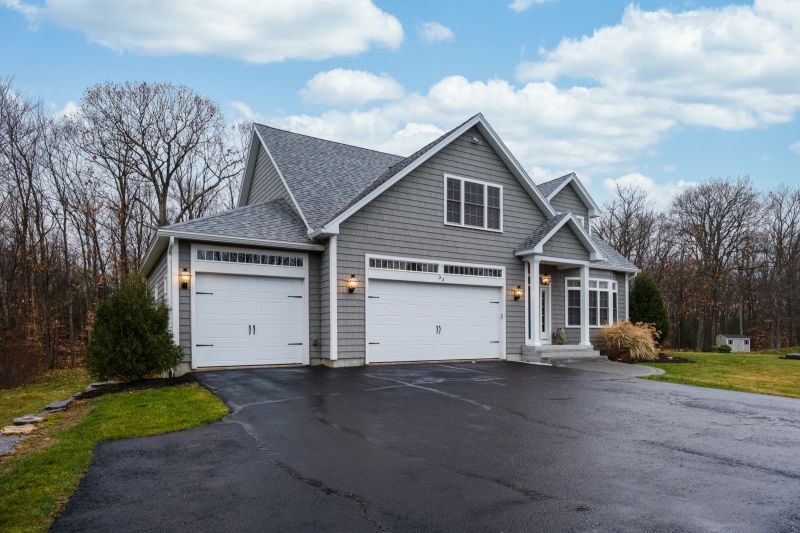
Simple add-ons that improve Heated Driveway Installations without blowing the budget.
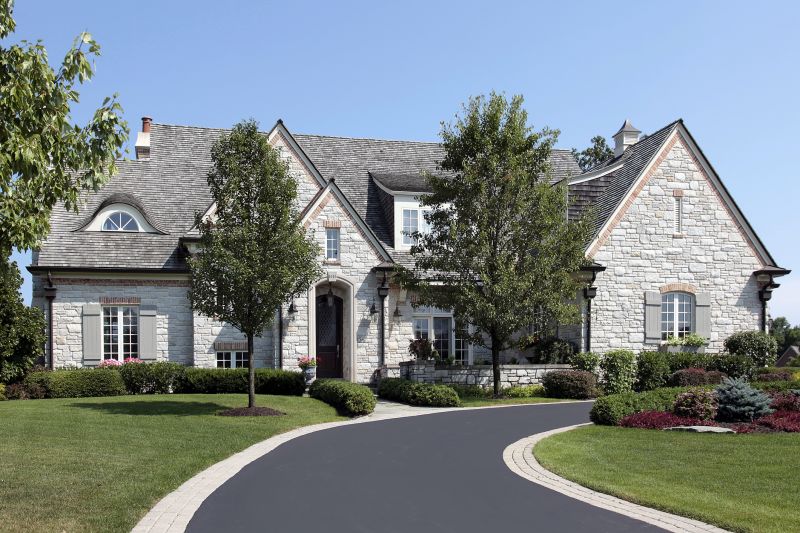
High-end options that actually feel worth it for Heated Driveway Installations.
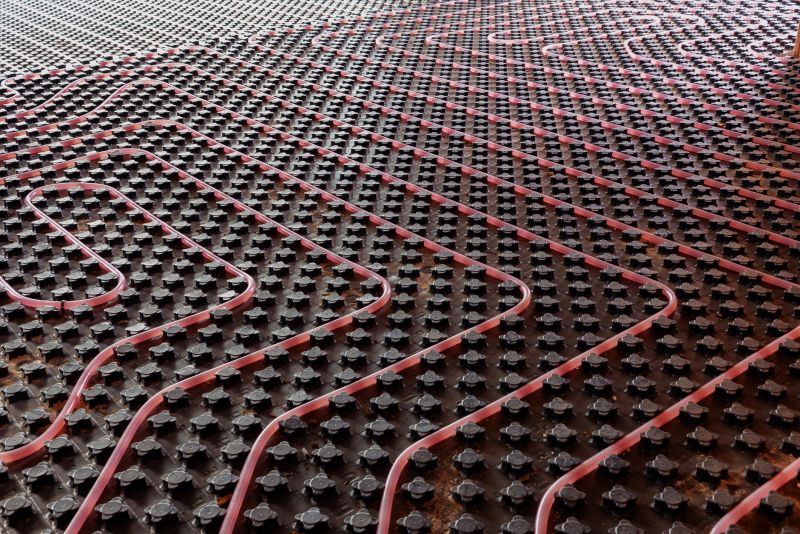
Finishes and colors that play nicely with Heated Driveway Installations.
Heated driveway installations are typically scheduled based on seasonal weather patterns. Cooler months, especially late fall through winter, are often preferred because the system can be tested and calibrated before the snow season. Installing during mild weather in spring or fall can also be advantageous, as it allows for completion without the challenges of extreme cold or snow interference. Proper planning ensures the heating system is operational and ready to prevent snow accumulation during the coldest periods.
Timing installations before the first snowfall ensures the system is functional during winter months when snow and ice are most common.
Avoid installation during freezing temperatures or heavy snow to prevent delays and ensure proper system setup.
Early fall installations allow for testing and adjustments, reducing the risk of system failure during winter.
Mild weather in spring and fall can facilitate easier installation, especially in regions with unpredictable winter weather.
| Season | Advantages |
|---|---|
| Fall | Allows for early setup before snow arrives, ensuring system readiness. |
| Winter | Provides immediate testing during cold conditions, but may face weather challenges. |
| Spring | Offers mild weather for installation, ideal for preparing before next winter. |
| Summer | Less common, suitable for planning and preparation, especially in warmer climates. |
Heated driveway installations are a valuable solution for property owners seeking to maintain safe and accessible driveways during winter months. These systems utilize electrical or hydronic heating elements embedded beneath the driveway surface to melt snow and ice efficiently. Proper timing of installation can enhance system performance and longevity, ensuring safety and convenience during the cold season. Seasonal considerations, including weather conditions and temperature fluctuations, play a significant role in scheduling to minimize delays and optimize system functionality.
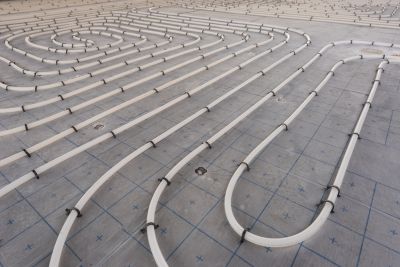
Includes heating cables or mats, control panels, and insulation for efficient snow melting.
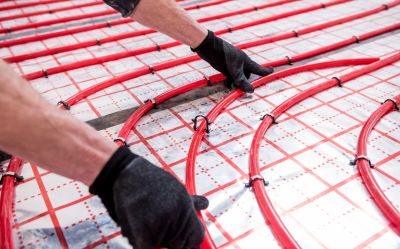
Technicians embed heating elements beneath the driveway surface, ensuring proper coverage.
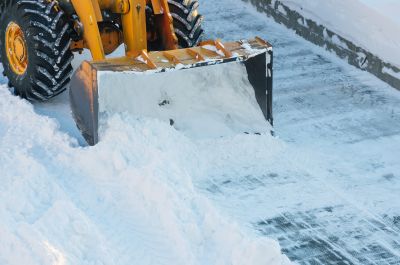
A fully installed system ready to activate during snowfall for snow-free driveways.
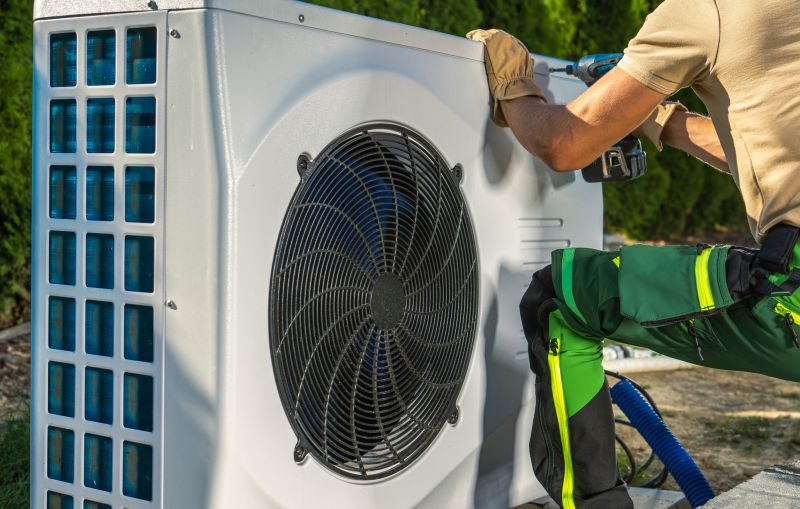
Regular system checks ensure optimal performance during winter months.
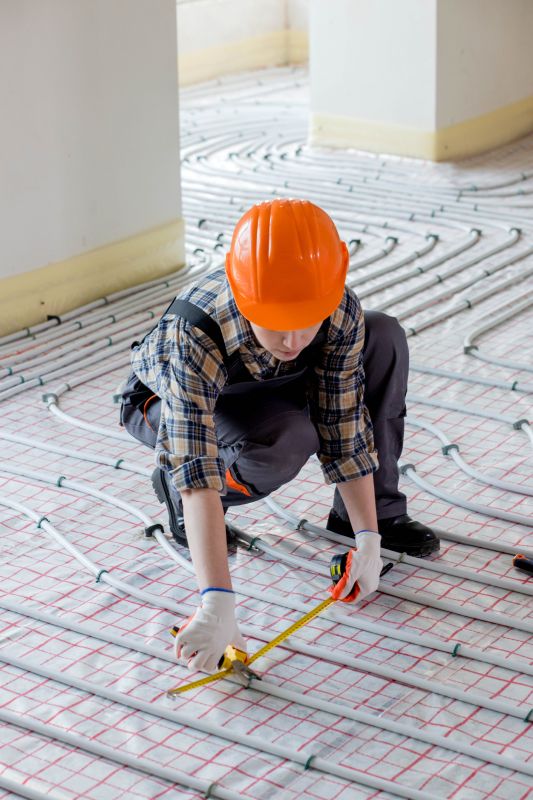
Little measurements that prevent headaches on Heated Driveway Installations day.
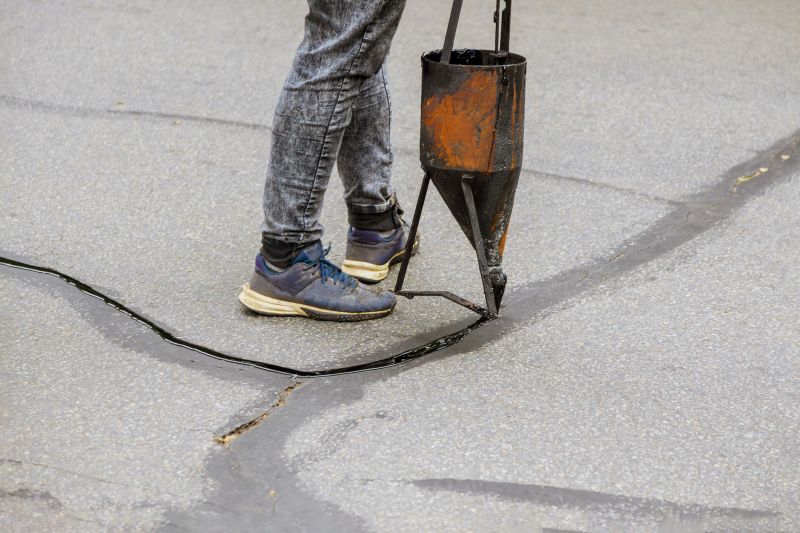
A 60-second routine that keeps Heated Driveway Installations looking new.
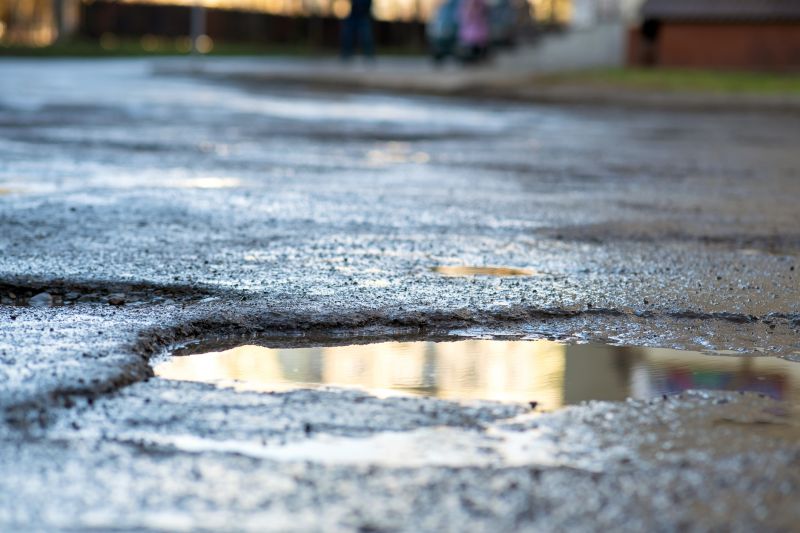
A frequent mistake in Heated Driveway Installations and how to dodge it.

Small tweaks to make Heated Driveway Installations safer and easier to use.
The efficiency of heated driveway systems depends heavily on correct installation timing and weather conditions. Properly scheduled installation ensures the system is fully operational before the onset of winter storms. This proactive approach minimizes snow accumulation and reduces the need for manual snow removal, enhancing safety and convenience.
Property owners interested in heated driveway installations are encouraged to contact professionals for assessment and scheduling. Early planning can lead to a smoother installation process and ensure the driveway remains clear and safe during the coldest months.



